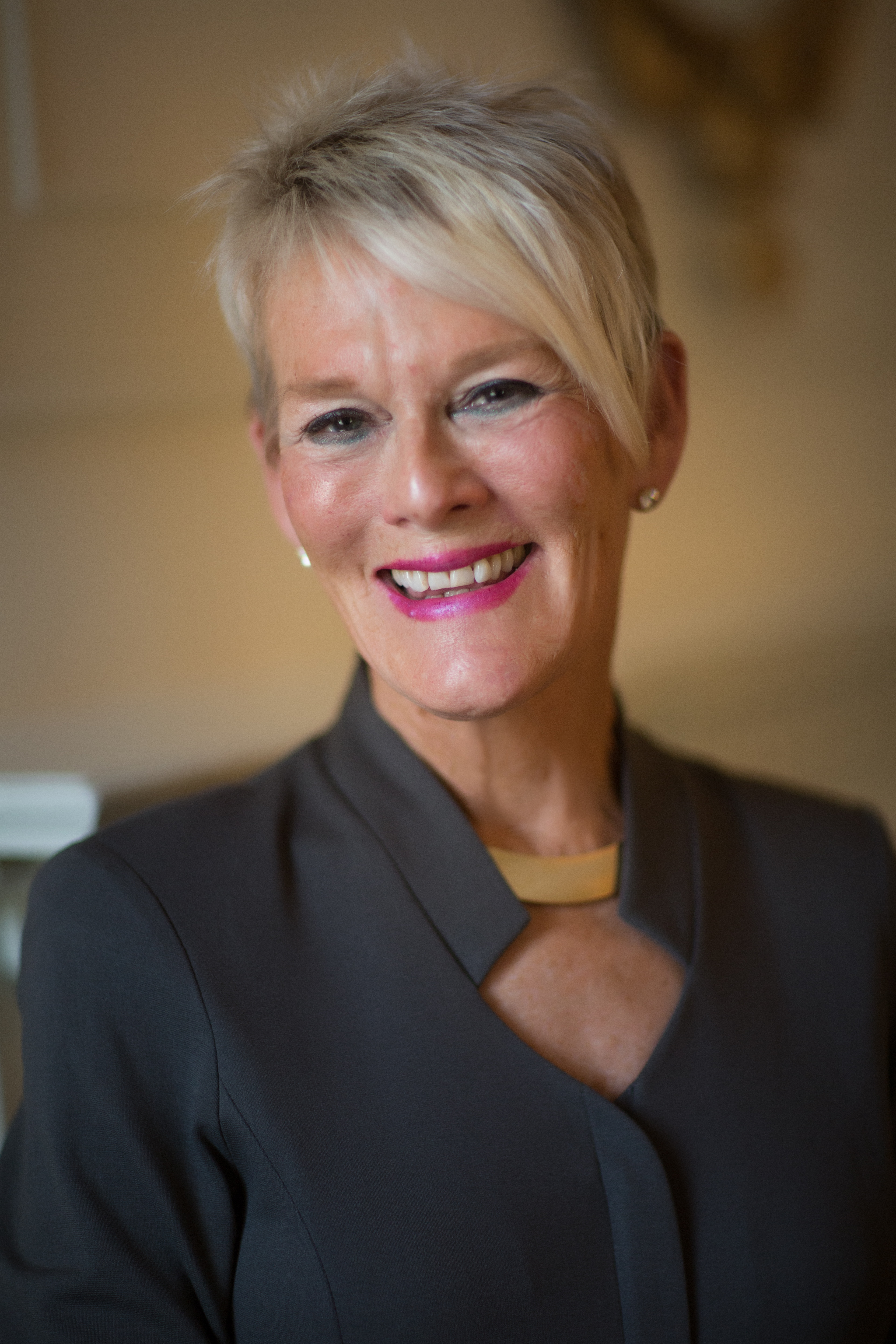Seeking to help in the development of treatments for metastatic cancer, Alice Lehman of Charlotte has donated $4 million to further the work of UNC Lineberger’s new cellular immunotherapy research program.

Alice Lehman of Charlotte has donated $4 million to the University of North Carolina at Chapel Hill to help fund the new cellular immunotherapy research program at UNC Lineberger Comprehensive Cancer Center.
UNC Lineberger is among a select few academic cancer centers in the United States with the staff expertise and technical infrastructure to pursue this promising new cancer research, which involves genetically engineering patients’ immune cells to fight their cancer.
“We’ve made progress over the years in treating some types of cancer, but many others remain virtually untreatable and have been for decades,” said UNC Lineberger Director Norman E. Sharpless, MD. “Cellular immunotherapies hold tremendous promise to change the landscape of cancer care and the trajectory of people’s lives. We’re very grateful to Alice for helping us fulfill that promise.”
Lehman, a retired executive vice president and director of investor relations at Wachovia Corp., lost her husband, Frank, to colon cancer.
“Over the past 10 years, I have lost three close family members to cancer. My journey to try to find a cure for my husband, my sister and my father convinced me that the emerging use of cellular immunotherapy was the only hope for those with metastatic cancer,” said Lehman. “I was so excited when I learned that UNC Lineberger was on the cutting edge of this emerging technology and that they were planning clinical trials to combat many types of cancers. The minute I found out, I knew that I wanted to be part of the solution both as a member of the Board of Visitors, and more importantly, as a financial supporter of the immunotherapy program.“
UNC Lineberger recently launched clinical trials to gauge the effectiveness of cellular immunotherapy, and initial results have shown success. Ian Dale, 60, of Cary, was diagnosed in January 2016 with anaplastic large cell lymphoma and told he would live just four to six months without treatment. He underwent chemotherapy and radiation, but the cancer spread to his liver and spleen. With cellular immunotherapy treatment, it went into remission.
“I have a whole new lease on life,” Dale said. “I’m here when I probably wouldn’t be.”
Cellular immunotherapy involves extracting disease-fighting immune cells – called T-cells – from the patient’s blood, and genetically engineering them to recognize the patient’s cancer. The researchers use a modified virus to insert DNA into the T-cells, which enables them to recognize and destroy cancer cells. The hybrid T-cells are then multiplied by the tens of thousands and infused back into the patient. Since the cells originate in the patient, they are less likely to be rejected, which is the treatment’s major advantage.
Current clinical trials at UNC Lineberger target Hodgkin lymphoma and non-Hodgkin lymphoma. Plans for additional trials include treating patients with acute leukemia, multiple myeloma and certain brain cancers.
Along with Lehman’s gift, the UNC Lineberger cellular immunology program is supported by the state’s University Cancer Research Fund, the McMichael Family Foundation and the Barnhill Family Foundation.
